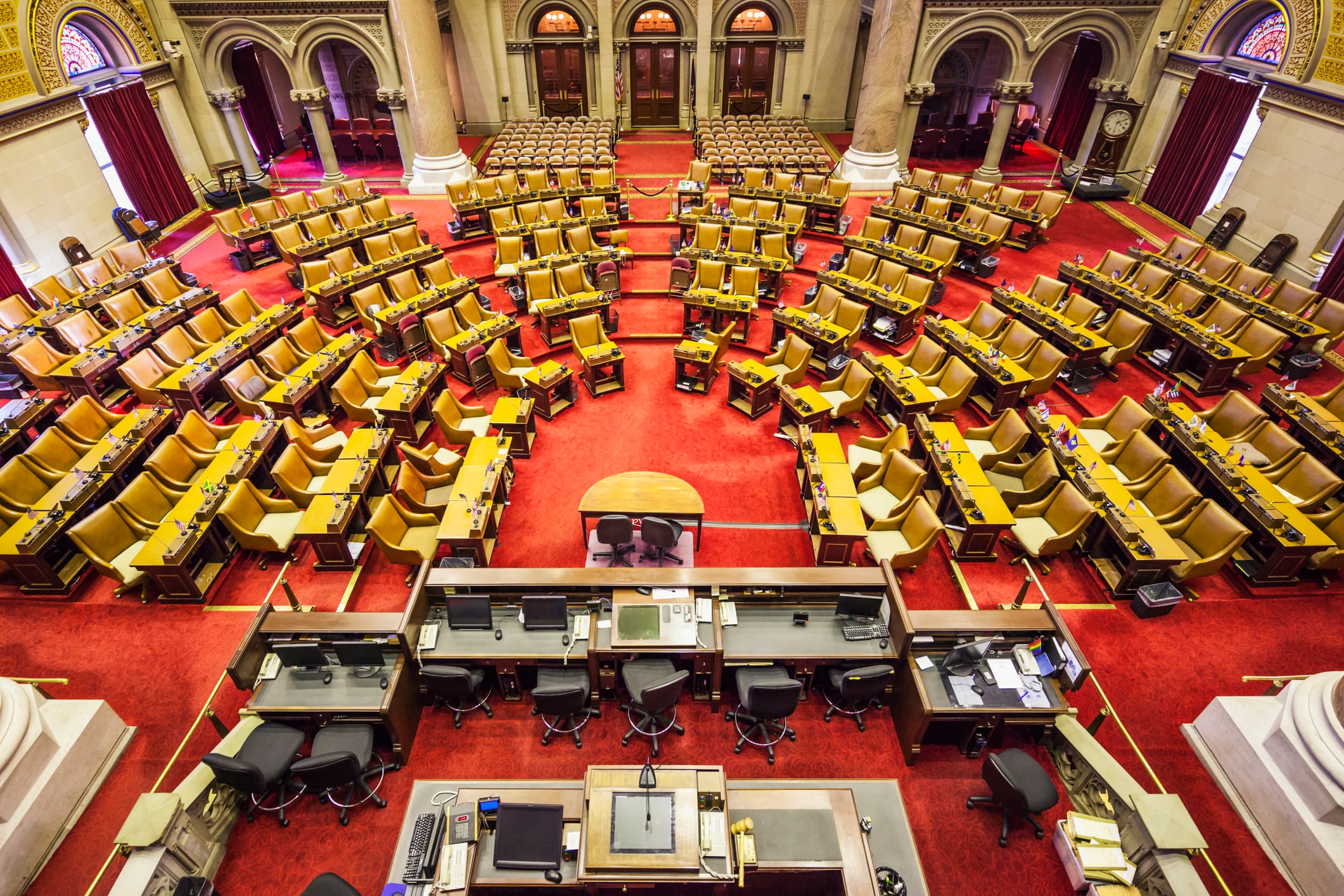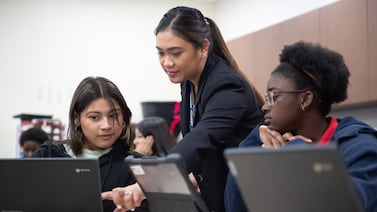With a pressing need for more youth mental health services, New York’s state legislature is eyeing one way to plug the gap: allowing school psychologists to provide services in private practice without having to go through a lengthy licensing process.
Under current rules, school psychologists must obtain a doctorate in order to practice outside of school. But some school psychologists and legislators say that process is overly cumbersome and limits school psychologists’ ability to chip in to address a crisis in youth mental health.
“We need all hands on deck,” said Manhattan Assemblywoman Linda Rosenthal, the bill’s lead sponsor. “We’re wasting talent during such a need for mental health services.”
The idea makes sense to Brooklyn school psychologist Carleta Joseph. She often ends her work days feeling like she’s barely scratched the surface of the deep mental health needs in her teenage caseload.
Counseling sessions during school hours feel too short, the volume of students is too great, and administrative responsibilities cut into her time working directly with kids. Referring students with the greatest needs to outside providers rarely feels satisfying either.
A 2021 report from the American Psychological Association estimated that half of youth nationwide with mental health issues don’t get the treatment they need. Even in New York City, which has a high concentration of mental health professionals, many providers don’t see kids, school psychologists said.
“What we’re finding is when we’re referring families out to these community organizations and clinics, they’re waiting months and months for appointments,” said Joseph, who works at a large Brooklyn public high school. “So then we get stuck in this hole of how do we provide support to students?”
Joseph wants to do more to address what she sees as crisis levels of mental health needs among teens in during the pandemic.
“It can be frustrating because you have a skillset that’s not being utilized,” she said.
New York’s Association of School Psychologists, the member organization for 4,000 school psychologists across the state, has been pushing for licensure for years, said the organization’s legislative chair John Kelly, a veteran school psychologist on Long Island.
“The school defines our area of expertise and specialty but not necessarily our setting,” Kelly said.
School psychologists in New York are already required to have a master’s degree and two years of experience in schools to get a permanent certificate from the state education department.
The bill currently awaiting a hearing in the state assembly would grant school psychologists licenses to offer a limited range of education-related services outside of school, including psychoeducational evaluations and education-related counseling. That could mean working with students on strategies to manage anxiety that interferes with their ability to focus in class, Kelly said.
School psychologists would still be barred from offering mental health treatment outside of those categories or prescribing medication. Kelly noted that school psychologists who set up private practices would not be able to treat students from the schools where they work to avoid conflicts of interest.
Proponents say the benefit of licensing school psychologists comes not just from adding the new bodies, but also from leveraging the unique skills they possess. School psychologists are often more familiar with the nuances and politics of schools and districts than other mental health professionals, Kelly said. And when they do make recommendations about services or educational programs that could help students during the school day, they do it with a realistic understanding of how those recommendations would play out on the ground, he added.
“Where I see my colleagues in the community sometimes struggling is not understanding that culture [of schools] and how to manage and negotiate the system,” said Kelly. “I think that that’s a really unique aspect, school psychologists understand that culture of a district.”
Licensure could also be a boon for school psychologists, who would stand to earn more from private practice, and could add variety to the sometimes monotonous and paperwork-heavy rhythm of their day jobs, proponents said.
“The field in general is prone to burnout. You sort of get into this rut sometimes,” Joseph said. Having the option to practice outside of school “could break up your day and provide you the satisfaction you need to stay in the field you love.”
That’s not to say it would be easy. School psychologists work full-time jobs, and would have to set up private practices largely during evening hours, something not everyone would want to take on.
“It certainly is a lot,” said Kelly, the Long Island school psychologist, who operated his own practice for years after getting his doctorate degree.
Kelly argued that the current path for school psychologists to get licensure can disproportionately shut out people of color.
Joseph, the Brooklyn school psychologist, said she’s thought about going for her doctorate in order to get a license, but is unsure she can devote the time and sacrifice the income she’d otherwise make by working.
“It takes a significant amount of time and finances,” she said. “That’s a huge commitment.”
School social workers, by contrast, often have an easier time setting up private practices outside of school because their licenses allow it.
Rosenthal acknowledged that licensure can be a “thorny issue” and that there’s always a “push and pull” between expanding access and keeping standards high. The shift could also require additional staffing at the state education department, she noted.
A state education department spokesperson declined to comment on the pending legislation, but said the agency worked “closely with the legislature” on 2022 amendments to state law in an effort to “help increase qualified mental health professionals into the field.”
Michael Elsen-Rooney is a reporter for Chalkbeat New York, covering NYC public schools. Contact Michael at melsen-rooney@chalkbeat.org.






